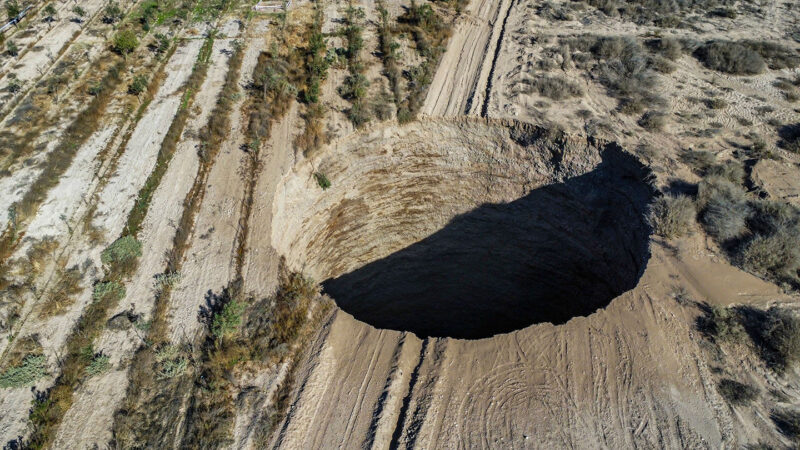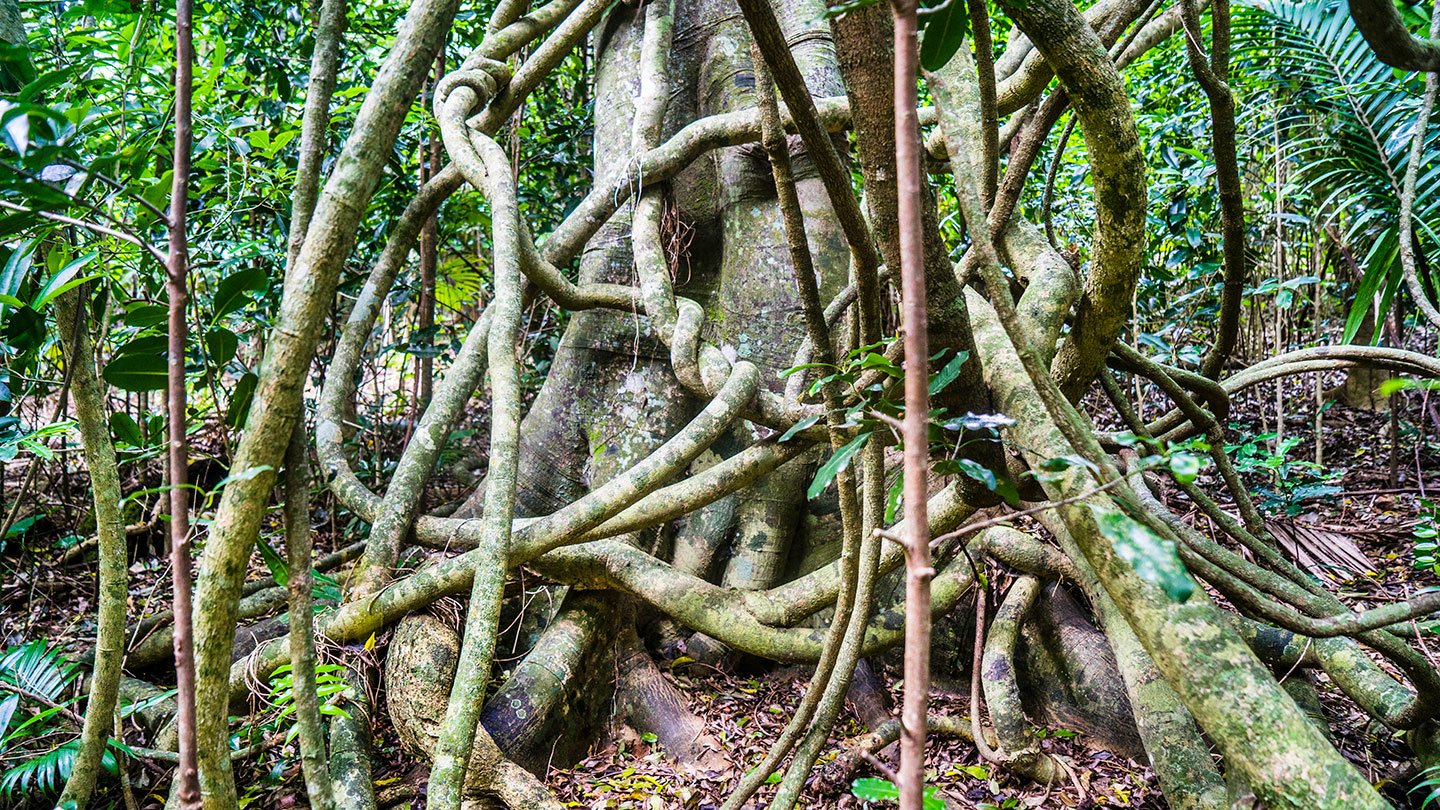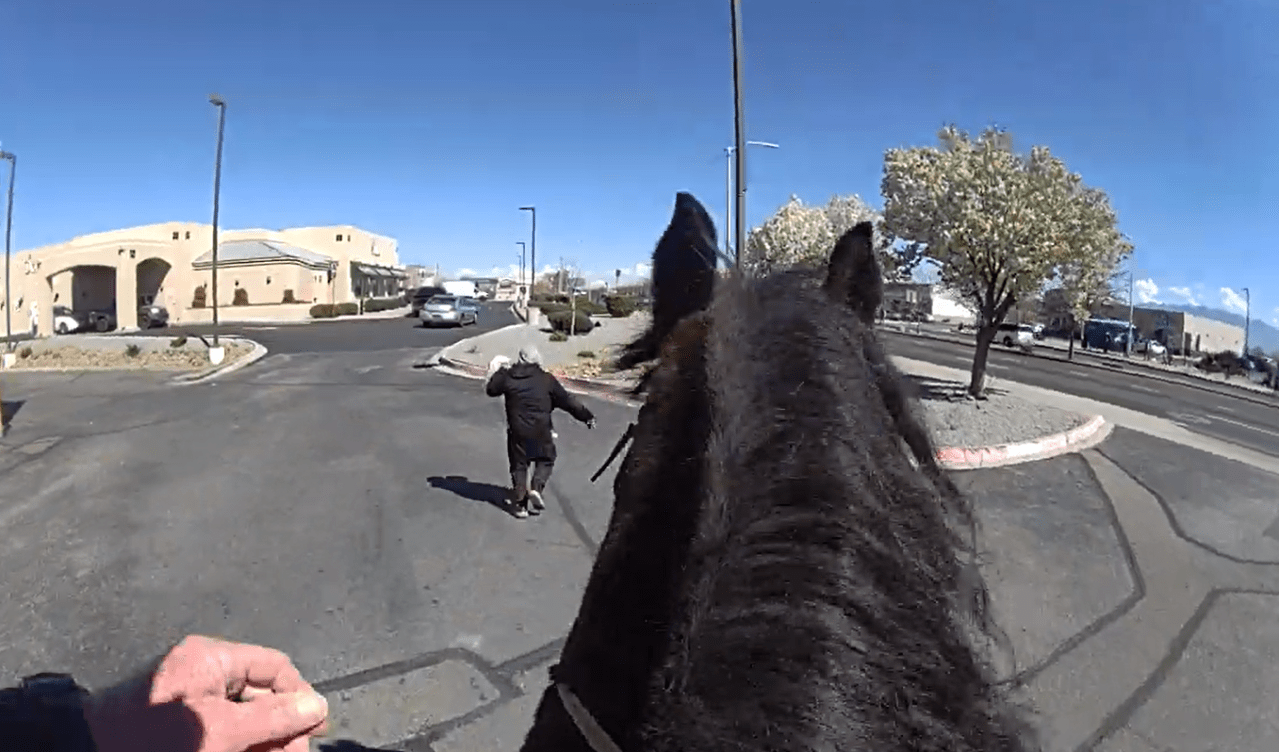
aquifer: Rocks that can hold groundwater pools. The term can also be applied to that underground pool of water.
the basin: (in geology) a low-lying area, often below sea level. It collects water, which then deposits fine silt and other sediments beneath it. Because it collects these materials, it is sometimes referred to as a catchment or drainage basin.
Information: Data and/or statistics collected together for analysis but not necessarily organized in a way that gives them meaning. For digital data (the type stored by computers), these data are usually numbers stored in a binary code, represented as a string of zeros and ones.
fresh water: A noun or adjective describing a body of water with a very low concentration of salt. It is the type of water used for drinking and most inland lakes, ponds, rivers and streams, as well as groundwater.
Ground water: Water trapped underground or in holes and cracks in rocks.
migration: (v. migrate) to move from one region or habitat to another, especially regularly (and seasonally) or to cope with some driving force (such as climate or war). A person who takes this step is known as a migrant.
NASA: Short for National Aeronautics and Space Administration. Created in 1958, this US company has become a leader in stimulating public interest in space research and space exploration. It was through NASA that the United States sent humans into orbit and eventually to the moon. It has also sent research craft to study the planets and other celestial bodies in our solar system.
Policy: A plan, stated guidelines, or agreed-upon procedures to be applied in certain specified situations. For example, a school may have a policy about when to allow snow days or how many excused absences it will allow in a given year.
the risk: the chance or mathematical probability that some bad thing can happen. For example, exposure to radiation creates a risk of cancer. Or the danger – or danger – itself. (In this case: Among the cancer risks humans were exposed to were radiation and drinking water containing arsenic.)
salt: A compound formed by combining an acid with a base (a reaction that produces water). There are many different salts in the ocean — collectively called “sea salts.” Common table salt is made of sodium and chlorine.
the satellite: A moon orbiting a planet or a vehicle or other artificial object that orbits some celestial body in space.
sea water: Salt water found in the sea.
durable: (n. sustainability) an adjective to describe the use of resources in such a way that they will remain available long into the future.
stigma: To contaminate something with an unexpected, unnatural or illegal substance.















